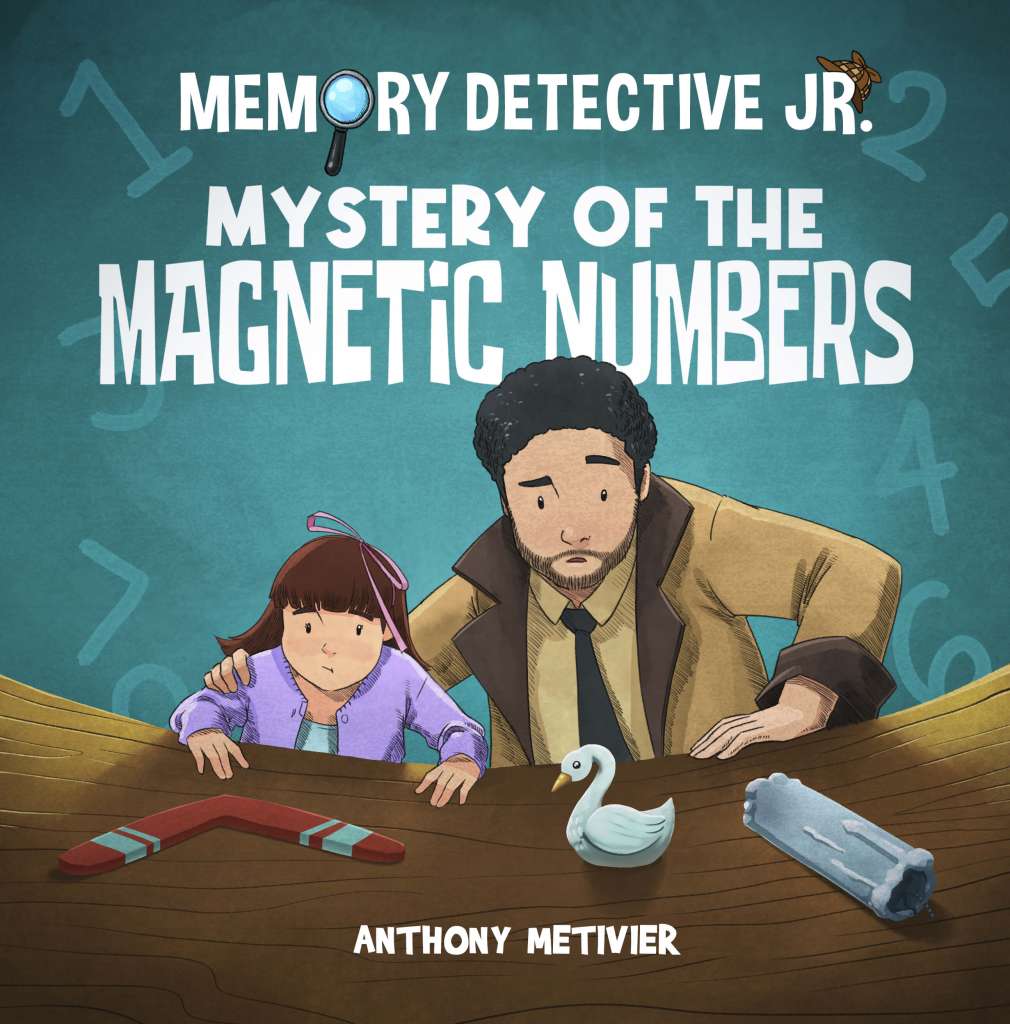
All you need is an open-mind and a willingness to take action.
True, there will be some effort involved.
In fact, some of the suggestions I have for you on these page may challenge you to your core.
(They have certainly challenged me in many ways over the years!)
But here’s one of the most exciting parts of taking steps toward thinking more clearly:
In addition to getting to form your own opinions, other people will take you more seriously.
As a matter of fact, you’ll even start taking yourself more seriously.
So, if all that sounds good to you, let’s dive into this masterclass in critical thinking.
What Is Critical Thinking?
The word “critic” comes from Latin and Greek.
In Latin, you find the word criticus. It describes judges and estimators. It also sometimes used to describe grammarians who weigh the value of literary works.
The work also comes to us from the Greek kritikos, and means to be able to make judgments.
To this day, that’s essentially what defines critical thinking:
- Collecting information
- Analyzing it
- Drawing conclusions, usually by combining objective and subjective reasoning
Experts also consider critical thinking a habit of the mind. You can literally train yourself to do it, ideally through deliberate practice and exposure to the best critical thinking books available.
How do you practice critical thinking? In this study, scientists found that students who wrote essays showed marked improvements in their critical thinking abilities.

This practice works because you have to think in order to write. As a result, you start thinking in a metacognitive way that reveals and helps you surpass any critical thinking barriers you face.
You literally act out the definition of critical thinking through writing by collecting information, putting it through analysis and then using the writing to arrive at conclusions.
How to Improve Critical Thinking In 10 Simple Steps
As we go through this list of steps, there’s no particular order of importance. Each activity is equally important.
I don’t think I would have finished graduate school or gone on to have a wonderful career as a professor in 3 different countries without combining all of these critical thinking activities together.
Of course, you don’t have to master all of them overnight. They are each steps to practice and keep revisiting for life.
One: Identify and Overcome Your Cognitive Biases
We are all biased. It’s part of being human.
Increasingly, people have been finding ways to identify our biases and remove them. For example, researchers have studied how scientists are represented and worked to improve the cliches to create a much more realistic picture.
If you’d like to work on reducing your tendency towards bias, I’d suggest starting with removing your memory biases. Working on reducing them has been tremendously helpful for me.
Two: Learn To Understand Relevance
Many people struggle to identify the main points when reading and thinking through various issues.
It’s understandable. In every area worth understanding, the amount of data and information to consider can be overwhelming.
To get better at sorting, sifting and screening through the mountains of knowledge out there, spend some time:
- Learning to read better
- Study principles like statistical relevance
One study suggests that we work to improve how we draw conclusions from data based on a high awareness of our capacity for error.
Although this might sound distressing, acknowledging where we can – and often do – go wrong is a major strategy for avoiding thinking errors.
Three: Distinguish Fact from Opinion
You may have heard people say that we’re living in a “post-truth” world.
Although I get why this has become a popular sentiment, in reality things are true regardless of anyone’s opinion. In fact, the whole notion of “truth” means that facts would be stable even if humans weren’t around to observe them.
Thinking that truth is relative is an opinion, and a dangerous one at that. It’s just one more reason that critical thinking is so important.
Certainly it is true that perspectives color how and why people accept or reject facts. But that’s why we started with attending to your biases. There are cognitive reasons why each of us thinks the ways that we do. And these can be improved so that we can perceive and enjoy the world without imposing our opinions upon it.
Four: Analyze Arguments So You Can Make Them
Many people how are learning to think critically struggle to form arguments.
Their problems often stem from the fact that they don’t spend time watching debates and breaking down how pro critical thinkers structure their speech.
To understand how top-level thinkers tick, you need to engage with it.
You’ll also get additional benefits. These researchers found that using self-affirmation during debates improved the humility of the debaters.
But of course, the debate participants needed to have spent time practicing debating and analyzing past debates in order to realize the benefits and become more humble.
Five: Find Firm Footing And Stick to Your Principles
Speaking of debating, I had a lovely conversation recently with John Graham recently. John is a three-time USA Memory Champion, and one of the highest IQ people I know.
The problem is, we simply don’t agree on a few essential things. So as we worked through some of the “mystical” ideas of other memory experts like Ramon Llull, I consistently shared with John where keeping on open mind about things like remote viewing ended for me.
I even shared a term I learned from philosophy recently called the “cosmic stop sign.” It comes from philosopher Geoffrey Klempner, who admits to having been seduced by all kinds of fantastic ideas. But the cosmic stop sign is where he puts his foot down and sticks with facts that can be demonstrated.
You can read about it yourself in The Philosophizer Trilogy. The points is that flights of fancy are wonderful. You can use them to build entire paracosms.
But if you want to think like Sherlock Holmes, not only do you have to distinguish between fact and opinion. Once you’ve identified the facts, you need to be consistent with them. Even when it’s inconvenient.
Six: Sprinkle in Creative Thinking
Remember that line from Stanley Kubrick’s The Shining? “All work and no play makes Jack a dull boy.”
It’s the same thing with critical thinking. You need serious mental training, but also time to slack off, make jokes and ponder the ineffable.
Visualization exercises provide fantastic opportunities for creative thinking. Or you can give my hyperphantasia meditation or brain exercises a try.
Seven: Think Big Picture
You hear it all the time:
“Try to see the big picture.”
Sound fantastic, but how do you do it?
There are a few key ways:
- Systems thinking
- Mind Mapping
- SWOT analysis
- Analytical thinking
- Developing advanced learning cycles
- Following effective brainstorming rules
Eight: Practice Making Logical Connections
If you want to know how to think logically, it’s all about making connections at the end of the day. Even exposing where things don’t connect is a form of making a connection, after all.
A key place to start involves learning the difference between logical and rational thinking.
If you feel constrained as you focus specifically on logic, give this tutorial on expanding your working memory a try.
Nine: Implement the Solutions You Discover
So many people improve their critical thinking to a decent extent. But they don’t go the extra mile.
When your critical thinking activities bring you to solutions, you need to implement.
There are many examples of doing this, and one involves my “Memory Detective” project.
I thought critically for years about what is missing from the world of memory training. And when I finally realized that there aren’t many entertaining ways to improve your memory, I came up with a crime novel that teaches you memory techniques and a couple of games. Soon I’ll be releasing a “Memory Detective Jr.” book for kids too.
So far, I’ve found that alternative reading and gaming activities have helped people a lot more than my image streaming initiative, for example.
The point is that I had to implement the logical connection I discovered. That meant spending over a year writing the first novel. But it was well worth it, even though it was difficult. It gave me even more practice with critical thinking as new and interesting challenges emerged for consideration.
Ten: Self-Correct & Refine
Remember how we started with the Latin word criticus?
Ultimately, if you want to be a superior critical thinker, you need to judge and assess yourself over time.
All of the main types of thinking will help in this regard. And if you’re lacking the mental strength needed to implement any necessary changes, work on developing it.
But please don’t fall into the trap of perfectionism. That’s not what I’m suggesting.
Just keep progressing towards better and better. The journey is much more important than the destination. As you continue developing critical thinking habits, you’ll come to see that this is true if it isn’t clear already.
Critical Thinking Skills Development Couldn’t Be Easier
I hope you’ve seen just how easy it can be to enhance your logical reasoning and rational thinking practices.
If you need more help and want one of the ultimate critical thinking strategies, I recommend spending some serious time with memory training.
For that, feel free to grab my FREE Memory Improvement Kit:
It will help you create more mental space for all the wonderful ideas that come out of your critical thinking efforts. You’ll even be able to rapidly memorize your favorite critical thinking quotes in a flash.
And the best part?
The more you know, the more you can know.
And that means more opportunities to go through all of the ten steps we’ve covered today.
So, go ahead, use these strategies, and create a mind that you feel proud of!
Related Posts
- Why Is Critical Thinking Important? 5 Compelling Reasons
Want to know why critical thinking is important? The answer actually isn't obvious. But after…
- 9 Critical Thinking Exercises That Actually Improve Your Mind
Effective critical thinking exercises are hard to find. Stop wasting time and complete each of…
- 11 Benefits of Critical Thinking That Rapidly Improve Your Life
Critical thinking provides so many benefits. But did you know there's more than one kind…








